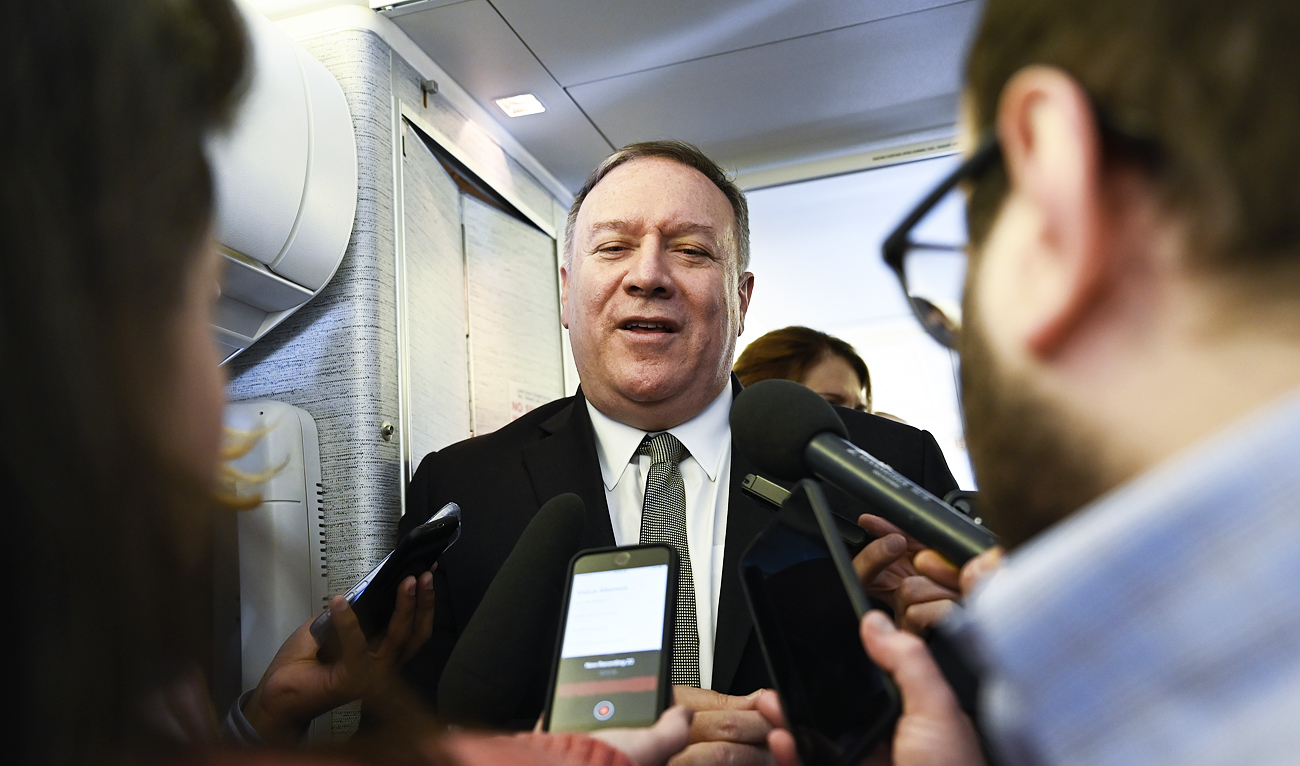Struggling Morocco oasis risks becoming mirage
SKOURA, MOROCCO: Dead palm trees lie on dry, yellowish earth near an abandoned adobe house in Morocco’s arid southeast, as drought threatens ancient oases.
“I grew up in this oasis and I have seen it shrink,” says 53-year-old Mohamed El-Houkari, who lives in Skoura, a rural oasis area of around 40 sq. km.
For centuries, Morocco’s oases have been home to human settlements, agriculture, and important architectural and cultural heritage, thanks also to trans-Saharan trade caravan routes.
Long a buffer against desertification, they have gone through cycles of drought in recent decades and are now “threatened with extinction,” Greenpeace has warned, due to the impact of high temperatures. In most of the Skoura oasis, the ground is dry and cracked.
Until the 1980s, “pomegranate and apple trees flourished here,” says Houkari, who is also part of a local development NGO. Now, only hardy olive trees grow in the shadow of the palms.
The Skoura region used to attract farmers. These days, most young people work elsewhere, though some stay for the developing tourism sector.
“I am ready to sell my land, but there is nobody to buy it. Everyone has left,” says Ahmed, a farmer.
The man in his 50s settled in Skoura with his family 25 years ago, “when the area was green and there was plenty of water. But the drought has destroyed everything.”
Electrician Abdeljalil spends most of his time between the cities of Marrakesh and Agadir.
“Our life isn’t here anymore,” the 37-year-old says. He observes that the use of electric pumps and has contributed to the overexploitation of the groundwater.
Residents say they now need to dig down over 40 meters to find water, compared to seven to 10 meters in the 1980s.
Houkari laments the abandonment of traditional methods — like the “khatarat” canal irrigation system — that allowed water to be distributed “economically and rationally.” Using the pumps is also costly, Ahmed, the farmer complains.
Morocco’s high level of water stress does not just affect life in the oases. In 2017, protests were held in the semi-desert southern town of Zagora against repeated water cuts.
This year, the kingdom launched an almost $12 billion national program for the supply of potable and irrigation water through to 2027.
Under a separate initiative, “we set ourselves the goal of mobilizing 1 billion cubic meters of water by the end of 2020,” says Brahim Hafidi, director-general of the national agency for the development of oasis zones (ANDZOA), referring to efforts to build dams and rehabilitate irrigation canals.
FASTFACT
For centuries, Morocco’s oases have been home to human settlements, agriculture and noted architectural and cultural heritage, thanks also to trans-Saharan trade caravan routes. .
According to Greenpeace, droughts have increased in frequency in Tunisia, Morocco, Syria and Algeria over the past decades, rising from once every five years to once every two years in Morocco.
“Oases rely on subterranean waters, which generally come from snow,” notes Lahcen El-Maimouni, a local academic, who says global warming has hurt the oases.
The Atlas mountains, visible on the horizon from Skoura, are capped in white.
But the snow is not enough to sustain the dry beds of the wadis that cross the oasis, and the effects of drought are visible along the rugged road that leads to Skoura.
To rehabilitate oasis areas, ANDZOA has planted 3 million trees, the agency’s director-general says.
Morocco has lost two-thirds of its 14 million palms over the last century, according to official figures.
But for Skoura resident Houkari, saving the oases also requires raising awareness of the risk of desertification.
Palm trees have even been removed and sold to villa owners, he adds with regret.
“The danger of the oases disappearing is very real,” he says, in front of a dry irrigation canal.

Diriyah Oasis makes family fun accessible during Diriyah SeasonMorocco border clampdown thwarts Europe-bound migrants




